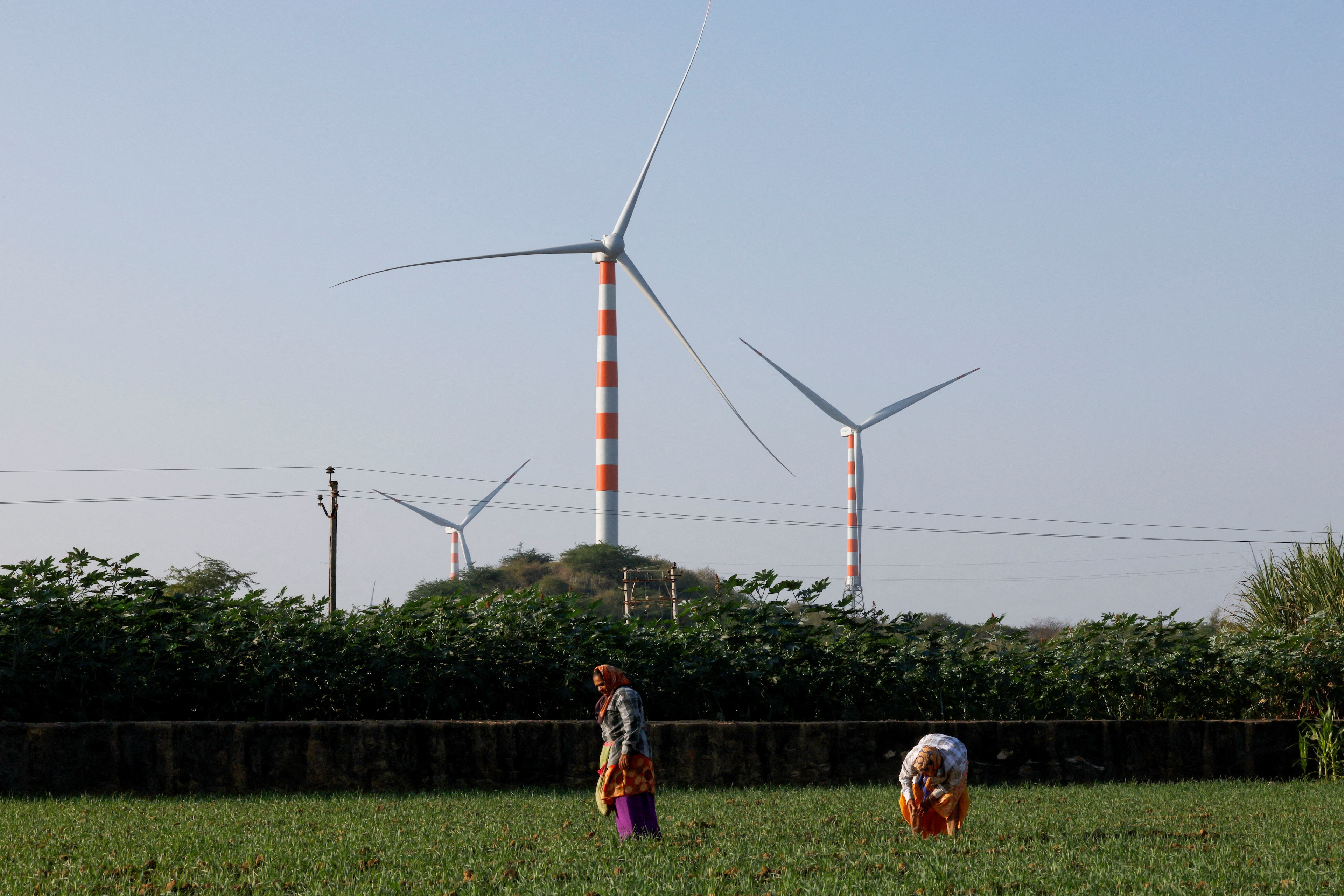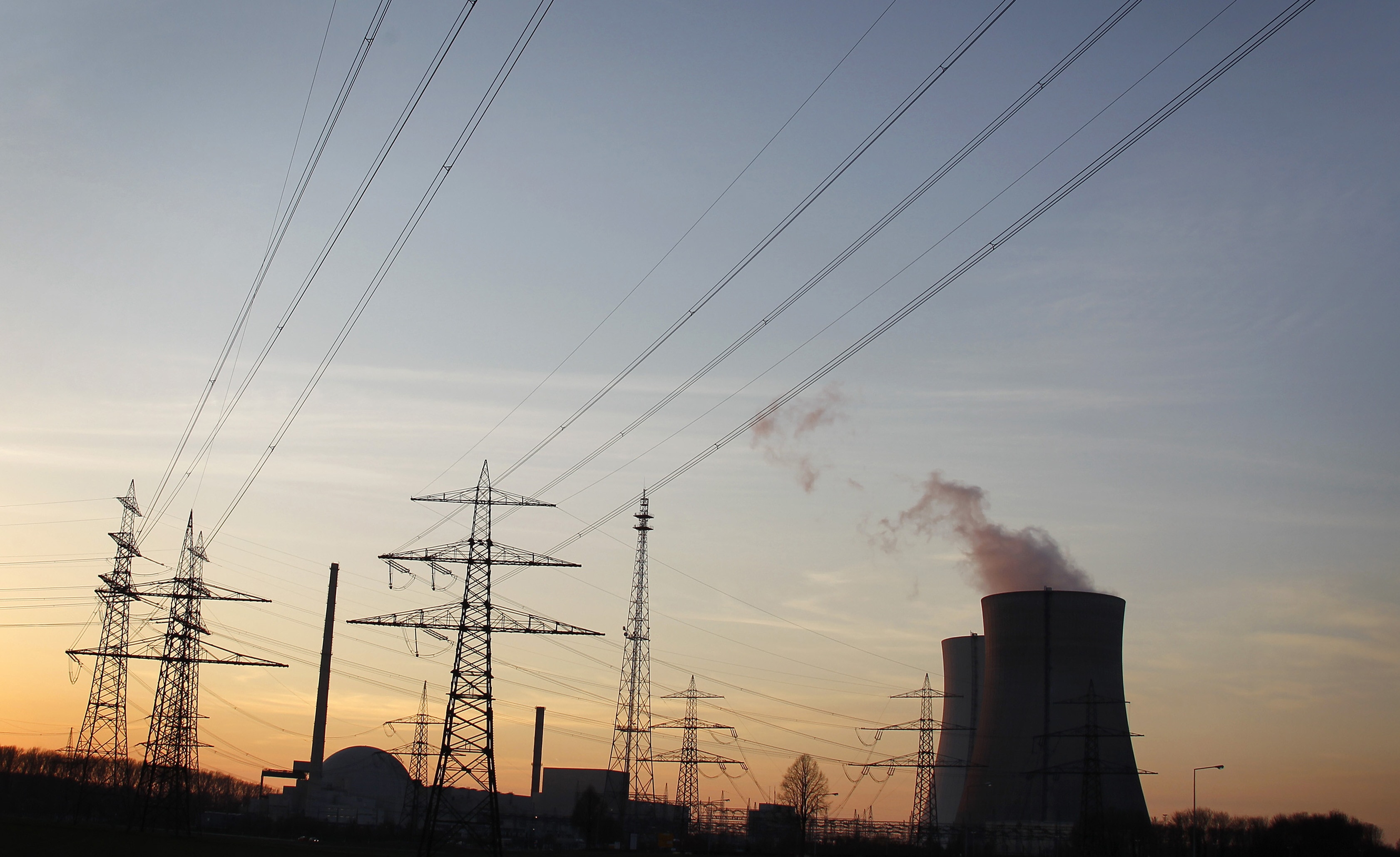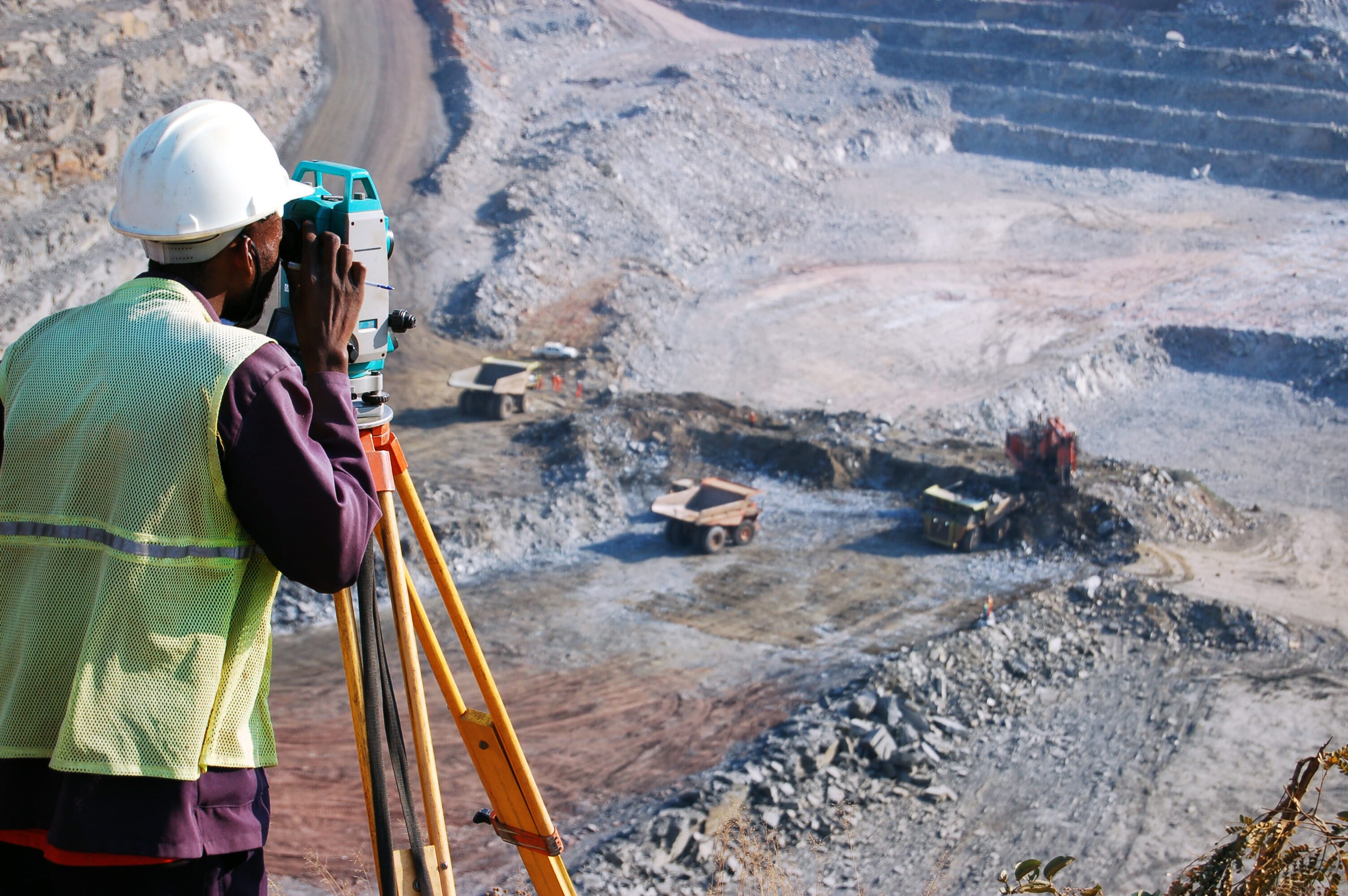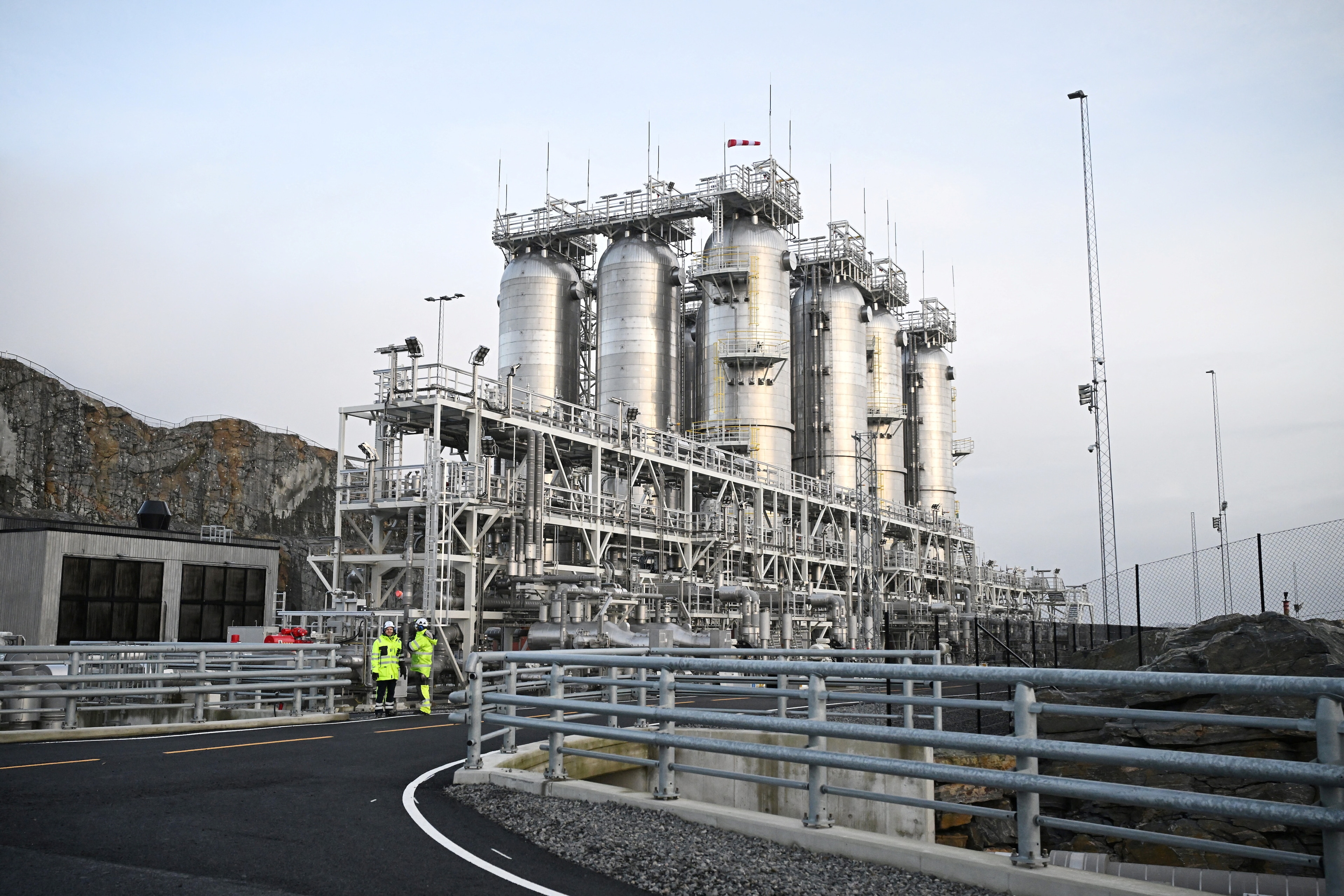Egypt targets $40 billion of green hydrogen investment - plus other top energy stories

The latest developments in the global energy sector, from the Forum's Centre for Energy & Materials.
Image: REUTERS/Jorge Luis Plata
Roberto Bocca
Head, Centre for Energy and Materials; Member of the Executive Committee, World Economic Forum1. Egypt bolsters green hydrogen ambitions
Egypt has opened the door to $40 billion of investment in green hydrogen and renewable technology by signing seven memoranda of understanding with international developers in the fields.
The projects located in the Suez Canal Economic Zone will see an investment of around $12 billion at an initial pilot phase, followed by a further $29 billion, according to the country’s Planning Minister, Hala el-Said.
The move follows Egypt’s Petroleum Minister, Tarek El Molla, saying the country planned for renewables to make up 60% of its energy mix by 2030. Its location in the global “sun belt” means it averages 9-11 hours of sunshine a day, with few cloudy days, giving it high potential for harnessing renewables for hydrogen production.
What's the World Economic Forum doing about the transition to clean energy?
2. EU’s 2030 wind energy target within reach - forecast
Improvements in permitting and a rebound in investments mean the European Union will come close to hitting its 2030 wind energy target, an industry association report has said.
Annual statistics from WindEurope show EU countries installed a record 16.2 gigawatts of new wind energy capacity in 2023, with Germany installing the most new capacity.
The report added that the EU is expected to install 200 gigawatts of new wind capacity between 2024 and 2030 — an average of 29 gigawatts per year.
Commenting on the findings, WindEurope CEO Giles Dickson said: “Things are looking up again for wind in Europe. Permitting has improved thanks to new EU rules. Investments are up. Record volumes are being auctioned and built. And Governments have committed with the Wind Power Package and Charter to strengthen Europe’s wind energy industry. The industry in turn is recovering. Europe’s wind supply chain is returning to profit and building the new factories needed to deliver the EU’s targets.”
3. News in brief: More energy stories from around the world
Members of OPEC+ have agreed to extend their voluntary cuts in oil output for another quarter. The organization had agreed in November 2023 to voluntary cuts totaling around 2.2 million barrels per day for the first quarter of 2024 to stabilize oil prices. This same cut will remain in place through the second quarter.
Funding for decarbonization projects fell by around 90% last year, according to a new report from GlobalData. In the latest volume of its Net Zero by 2050 series, the analysts said the value of decarbonization-related deals fell from $433 billion in 2022 to $45 billion in 2023 due to a mix of “economic woes, high energy prices, lacking policy support, and nascent technologies”.
Three of the leading energy firms in the Philippines have joined forces to develop a $3.3 billion LNG facility. Aboitiz Power and a subsidiary of Manila Electric have agreed to invest in the gas-fired power plants of a San Miguel Corp unit: the 1,278 megawatt Ilijan Power Plant and a new 1,320 megawatt facility set to start operating by the end of the year.
Global CO2 emissions from energy rose to a record high in 2023, the International Energy Agency (IEA) has said. The agency said exceptional droughts had hampered hydropower facilities, leading to increased fossil fuel use and an annual increase in CO2 emissions of 410 million tonnes to 37.4 billion tonnes. But the rise was lower than in 2022 due to the expansion of clean technologies such as solar and wind power.
The UK Infrastructure Bank has committed £30 million ($38.6 million) to support the expansion of green hydrogen company, GeoPura. The company said the funding, which completed a £56 million ($72.1 million) investment round, will allow it to expand production capacity and increase its workforce.
Global LNG demand will grow in 2024 with demand rising from China and Europe, a TotalEnergies executive has said. “LNG has continued to grow, with China being back in the market but not yet at the level of 2021. With Europe... it's a new and big market, this demand will still continue to grow. At the same time, new capabilities will not be on stream in this very short term, so will continue to put [a] bit of pressure on prices and volatility,” Senior Vice President Asia Pacific Exploration & Production for the company, Thomas Maurisse said.
4. More on energy from Agenda
The use-it-or-lose-it nature of many renewable energy sources makes battery storage a vital part of a renewables-driven future. Here are five innovations helping to pioneer this field.
Artificial intelligence could help in the development of nuclear fusion by solving a problem faced by the biggest magnetic fusion facility in the US, according to research published in February 2024 in the journal Nature. Read more here.
With growing demand for greener alternatives, the competition for renewable resources has intensified. This article explores how to better ensure a collaborative spirit among sectors for allocating renewables.
Accept our marketing cookies to access this content.
These cookies are currently disabled in your browser.
More on Energy TransitionSee all
Gaurav Upadhyay and Labanya Prakash Jena
August 8, 2025
David Timis
August 8, 2025
Forum Stories
August 6, 2025
Marina Colombo and Lynn Kappes
August 6, 2025
Sverre Alvik
August 5, 2025
Michael Wang
July 28, 2025





